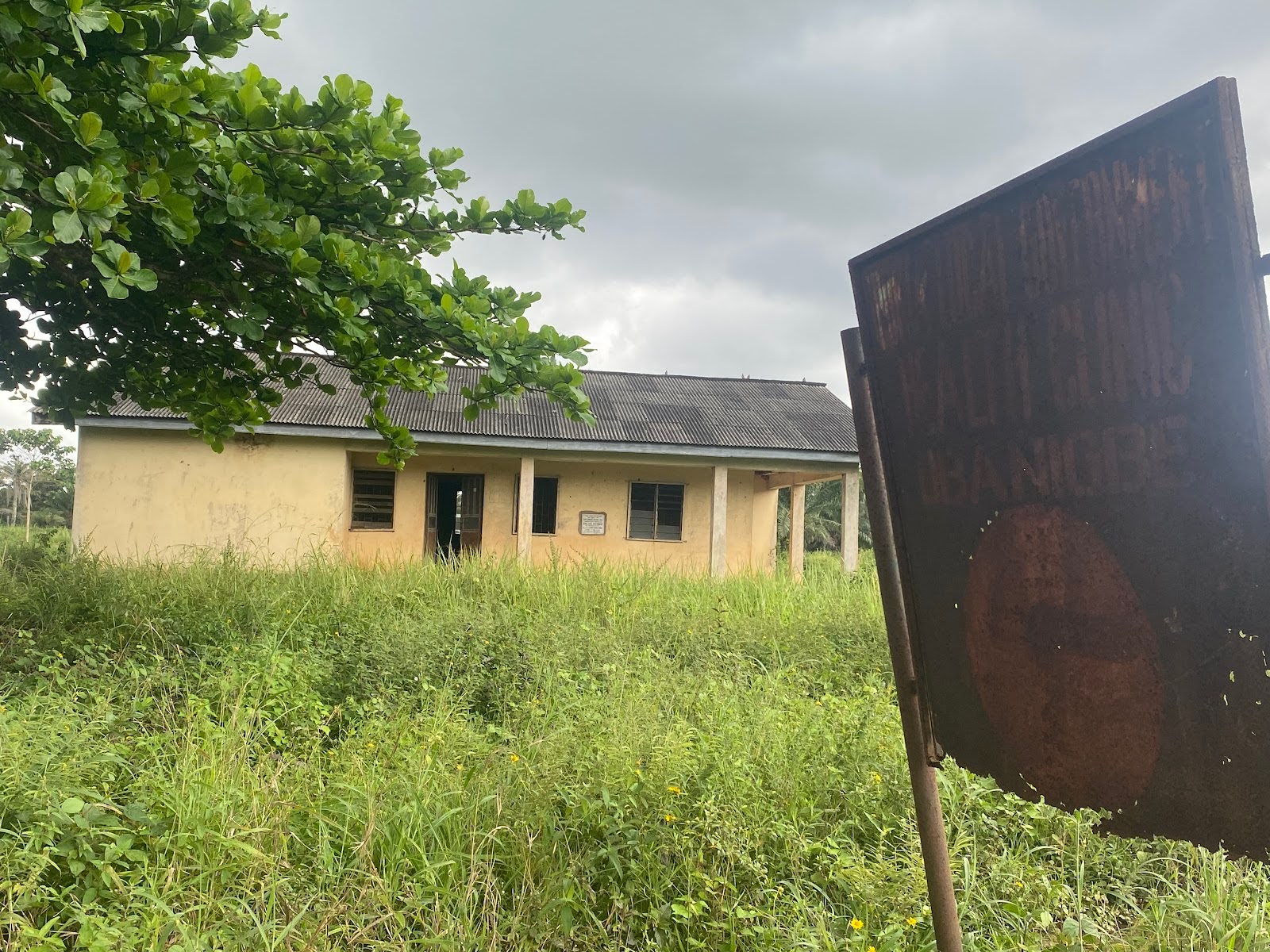The Founder of Green Fingers Wildlife Conservation Initiative, Chinedu Mogbo, has raised alarm over the absence of marine protected areas in Nigeria, warning that the country’s coastline and marine wildlife, particularly sea turtles, are under severe threat due to unchecked human activities and neglect by the government.
Mogbo, who spoke during yesterday’s Earth Day conference, described the country’s 800-kilometre coastline as a “free game for everyone,” lamenting the lack of regulations to safeguard endangered marine species.
“In Nigeria, we do not have marine protected areas, and that has left our sea turtles completely exposed. These creatures are being pushed to the brink of extinction right on our shores,” he said.
He further said that plastic pollution contributes to the destruction of marine life in multiple ways, from rising temperatures caused by plastic-littered beaches that disrupt turtle reproduction to ocean plastics breaking down into microplastics that fish consume.
According to him, these contaminated fish eventually re-enter the human food chain, exposing people to harmful chemicals.
The General Manager of the Lagos State Environmental Protection Agency (LASEPA), Dr Babatunde Ajayi, emphasised the importance of collaboration and data-driven decision-making in tackling environmental challenges, noting that partnerships with firms have enabled the agency to adopt informed strategies in managing pollution, waste, and other pressing environmental concerns across the state.
Ajayi, who was represented by the Director, Natural Resources Protection Department, Oluwakemi Bankole, stressed the need for increased environmental awareness and a shift in mindset from ignorance to informed action, saying that only through collective understanding and behavioural change can the threat of global warming be addressed effectively in the country.
Meanwhile, the President of the Nigerian Society for Conservation Biology, Dr FatsumaOlaleru, who spoke during the panel session, called on the government to desist from dwindling forest reserves and worsening environmental conditions but rather return to a path of sustainable resource management.
She urged stakeholders to provide opportunities for young Nigerians to explore ideas that support environmental sustainability.
On his part, the Chairman of LUFASI Nature Park, Desmond Majekodunmi, lamented the failure of policy frameworks to adequately respond to the country’s environmental crisis over the years.
He, therefore, called for a bolder leadership, warning that nature responds to human actions and that the consequences of inaction are already becoming evident.






